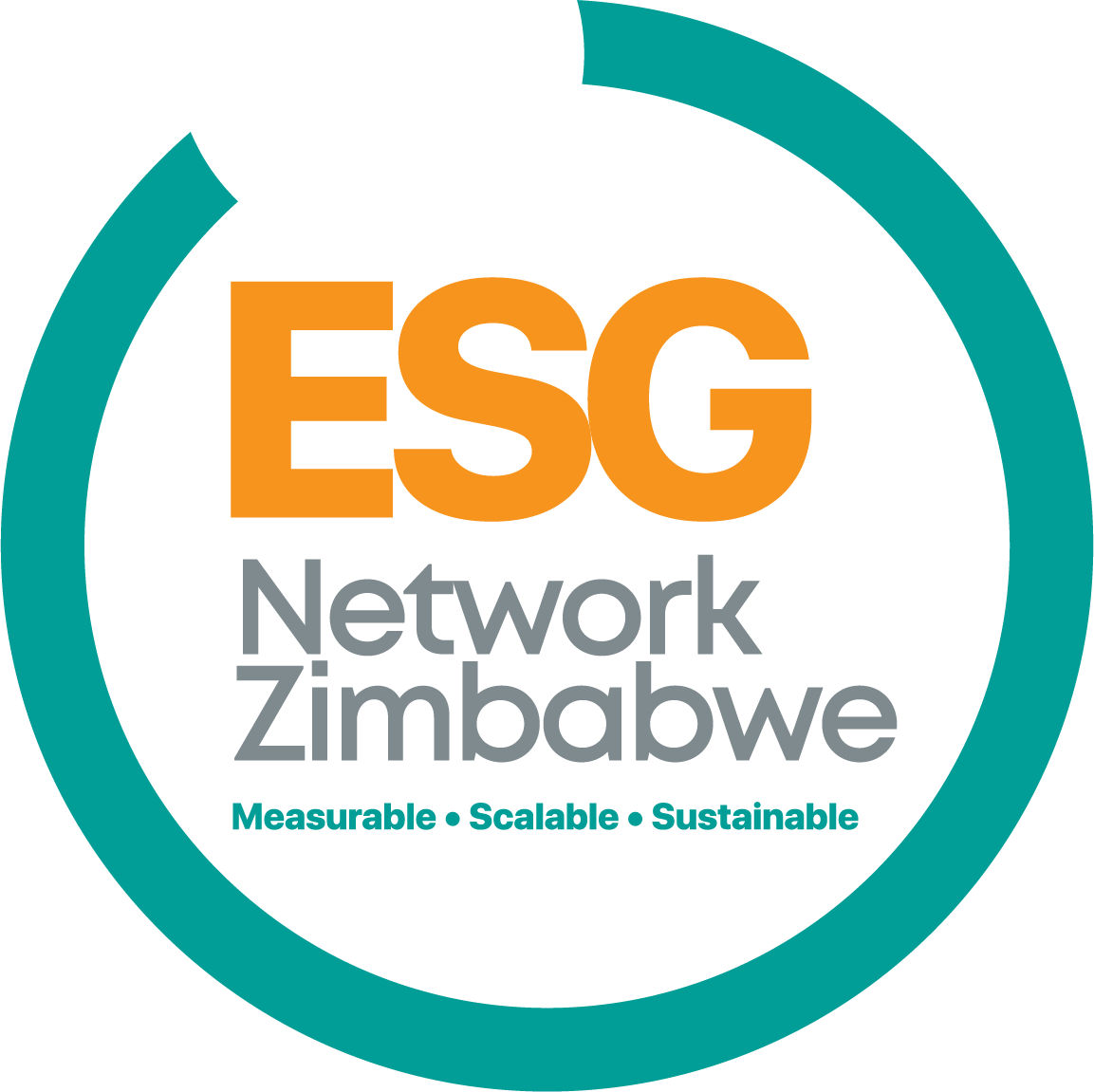Limited Assurance
Limited assurance is a type of assurance engagement where an independent assurance provider performs procedures to identify material misstatements in a company’s ESG information. The objective of limited assurance is to provide a moderate level of assurance that the ESG information is free from material misstatement.
Key Characteristics of Limited Assurance
- Moderate Level of Assurance: Limited assurance provides a moderate level of assurance, which is lower than reasonable assurance but still provides some confidence in the accuracy of the ESG information.
- Procedures Performed: The assurance provider performs procedures to identify material misstatements, including inquiries, observations, and analytical procedures.
- Evidence Gathering: The assurance provider gathers evidence to support their conclusion, including documentation, records, and other relevant information.
Benefits of Limited Assurance
- Enhanced Credibility: Limited assurance enhances the credibility of a company’s ESG disclosures, demonstrating a commitment to transparency and accountability.
- Improved Risk Management: Limited assurance helps companies identify and manage ESG-related risks and opportunities.
- Better Decision-Making: Limited assurance provides stakeholders with more reliable information, enabling better decision-making.
Limitations of Limited Assurance
- Lower Level of Assurance: Limited assurance provides a lower level of assurance compared to reasonable assurance, which may not provide the same level of confidence in the accuracy of the ESG information.
- Procedures May Not Be Comprehensive: The procedures performed in a limited assurance engagement may not be as comprehensive as those performed in a reasonable assurance engagement.
When to Choose Limited Assurance
- First-Time ESG Reporting: Limited assurance may be suitable for companies that are reporting ESG information for the first time.
- Small or Medium-Sized Companies: Limited assurance may be more feasible for small or medium-sized companies that may not have the resources to undergo a reasonable assurance engagement.
- Specific ESG Topics: Limited assurance may be suitable for specific ESG topics, such as greenhouse gas emissions or water usage.
By understanding the characteristics, benefits, and limitations of limited assurance, companies can make informed decisions about the type of assurance engagement that best suits their needs.
Reasonable Assurance
Reasonable assurance is a type of assurance engagement where an independent assurance provider performs extensive procedures to obtain reasonable assurance that a company’s ESG information is free from material misstatement. The objective of reasonable assurance is to provide a high level of assurance that the ESG information is accurate and reliable.
Key Characteristics of Reasonable Assurance
- High Level of Assurance: which gives stakeholders confidence in the accuracy and reliability of the ESG information.
- Extensive Procedures: The assurance provider performs extensive procedures, including tests of transactions, balances, and other relevant information.
- Comprehensive Evidence Gathering: The assurance provider gathers comprehensive evidence to support their conclusion, including documentation, records, and other relevant information.
Benefits of Reasonable Assurance
- Enhanced Credibility: Reasonable assurance enhances the credibility of a company’s ESG disclosures, demonstrating a strong commitment to transparency and accountability.
- Improved Risk Management: Reasonable assurance helps companies identify and manage ESG-related risks and opportunities more effectively.
- Better Decision-Making: Reasonable assurance provides stakeholders with highly reliable information, enabling better decision-making.
When to Choose Reasonable Assurance
- High-Stakes ESG Reporting: Reasonable assurance may be suitable for companies that are subject to high-stakes ESG reporting, such as those in highly regulated industries or with significant stakeholder scrutiny.
- Large or Complex Organizations: Reasonable assurance may be more suitable for large or complex organizations that have extensive ESG reporting requirements.
- Regulatory Requirements: Reasonable assurance may be required by regulatory bodies or industry standards for certain types of ESG reporting.
Challenges of Reasonable Assurance
- Higher Cost: Reasonable assurance engagements are typically more expensive than limited assurance engagements due to the extensive procedures and comprehensive evidence gathering required.
- More Time-Consuming: Reasonable assurance engagements can be more time-consuming due to the complexity and extent of the procedures performed
By understanding the characteristics, benefits, and challenges of reasonable assurance, companies can make informed decisions about the type of assurance engagement that best suits their needs and stakeholders’ expectations.
Stay Connected:
Thank you for joining us on this sustainability journey. Stay connected with us for more insights, best practices, and regulatory updates.
Please contact us at on admin@esgnetworkzimbabwe.co.zw, or simply call us on 0774768895/ +263882900740. Follow us on social media to stay updated on the latest ESG news, events, and resources





